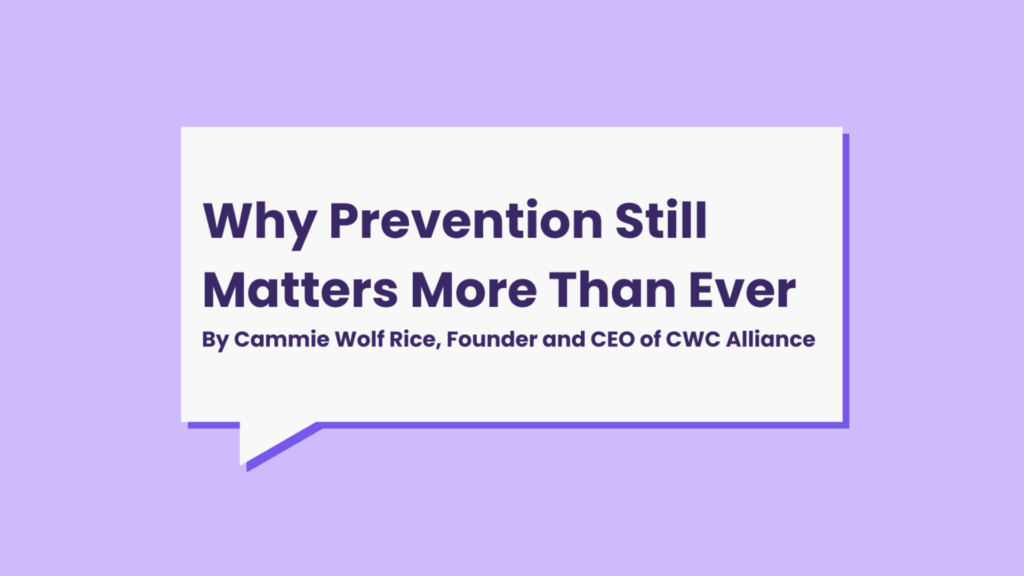For the first time in years, we are seeing a significant decline in drug overdose deaths across the United States. According to recent CDC data, overdose deaths dropped almost 27% last year. That is something we should all take a moment to recognize. It means countless lives were saved, and families were spared unimaginable loss.
But as a mother who has lived through the devastation of losing a child to opioids, I know how easy it is to think the worst is behind us, and how dangerous that assumption can be.
This is not the time to get comfortable. It is the time to dig deeper and focus on prevention.
Because while a decrease is good news, more than 80,000 lives were still lost in 2024 alone. That is 80,000 sons, daughters, parents, friends, and neighbors. And if we let this moment lull us into complacency, we risk seeing those numbers rise again.
For too long, our response to the opioid crisis has centered on crisis management and intervening after the damage is already done. But we have an opportunity to shift that focus. We can pivot toward prevention, toward meeting people earlier in their journey, before a problem with pain becomes a problem with dependency. And make no mistake, overprescription is still happening today. People are still being sent home from routine procedures with more pills than they need, often without a conversation about the risks or a tapering strategy.
At CWC Alliance, we believe that prevention and early intervention are just as important as treatment. That is why we created the Life Care Specialist role. These specialists work inside hospitals to educate patients about the risks of opioids and to support those who may already be struggling. They are trained in trauma-informed care and approach every person with compassion, not judgment. In doing so, they can help prevent overdose before it ever happens.
The idea came from my own experience. After my son Christopher died, I kept thinking about all the moments when someone could have stepped in. Not just after he became dependent on opioids, but before. When he was first prescribed pain medication. When the warning signs started to show. When we didn’t yet know what we were facing.
I created the Life Care Specialist to fill that gap. They are there in those early moments when someone is vulnerable and can easily slip through the cracks without someone paying attention. We have seen it work. In hospitals where this role has been implemented, we are seeing fewer overprescriptions and more people connected to care. Lives are being changed, and some are even being saved.
That is the power of prevention.
So yes, I’m encouraged by the decrease in overdose deaths. But I’m also focused on what comes next. We have an opportunity to build on this progress and create a system that doesn’t wait for a crisis to act. One that recognizes addiction for what it is, a disease, and surrounds people with support from the very beginning.
If your life has been touched by addiction in any way, or you know someone who has, I hope this message finds you. I hope it reminds you that every bit of progress is worth celebrating, and also that our work is far from over.
Let’s not mistake good news for the end of the road. Visit https://cwc.ngo/ to learn how you can be part of the solution.


